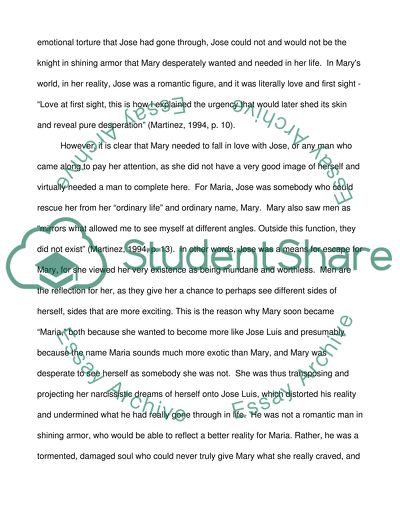Cite this document
(“Mother Tongue by Demetria Martinez Essay Example | Topics and Well Written Essays - 3000 words”, n.d.)
Retrieved from https://studentshare.org/literature/1392988-mother-tongue-by-demetria-martinez
Retrieved from https://studentshare.org/literature/1392988-mother-tongue-by-demetria-martinez
(Mother Tongue by Demetria Martinez Essay Example | Topics and Well Written Essays - 3000 Words)
https://studentshare.org/literature/1392988-mother-tongue-by-demetria-martinez.
https://studentshare.org/literature/1392988-mother-tongue-by-demetria-martinez.
“Mother Tongue by Demetria Martinez Essay Example | Topics and Well Written Essays - 3000 Words”, n.d. https://studentshare.org/literature/1392988-mother-tongue-by-demetria-martinez.


